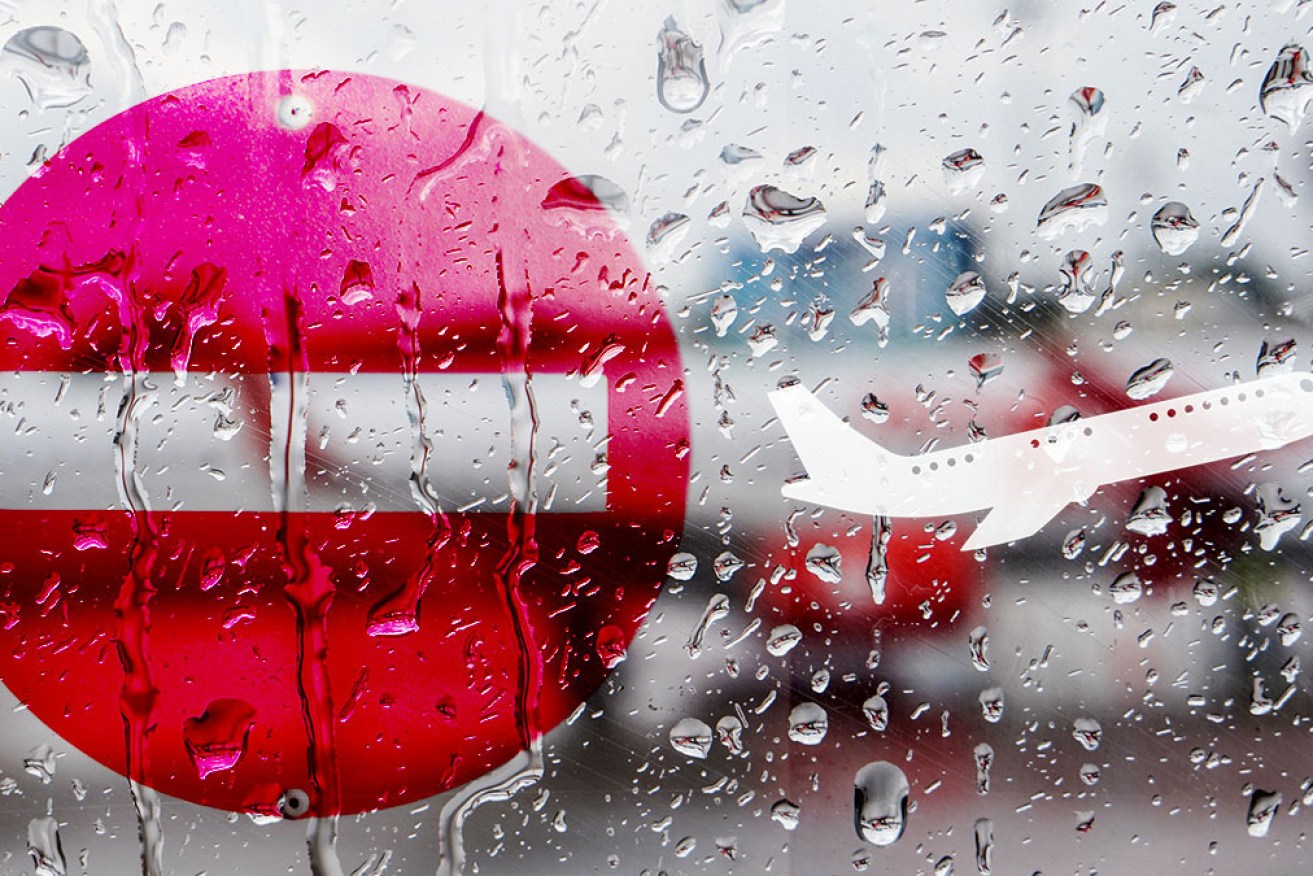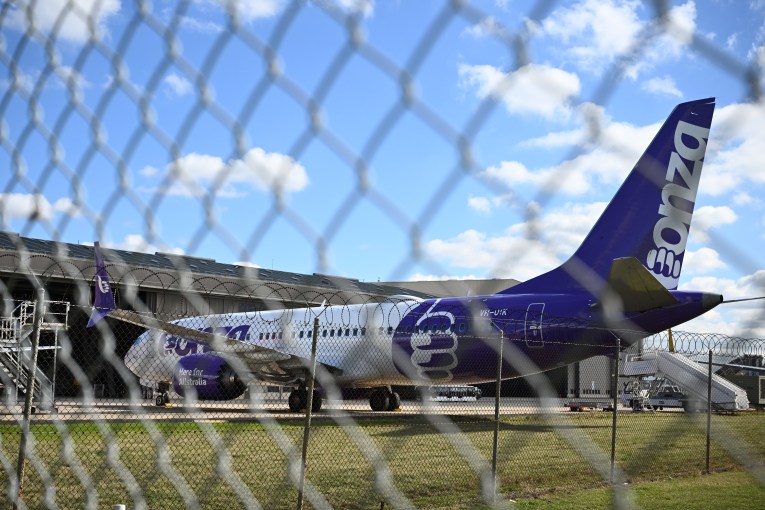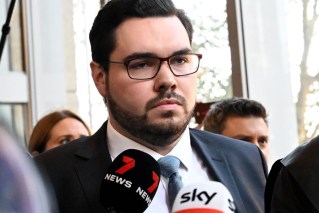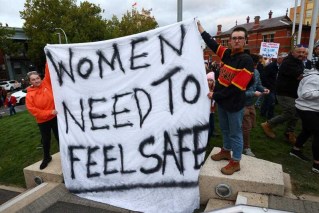Aviation workers out of work as airports desperately seek lifelines

Australia's aviation industry is in turmoil, with out-of-work staff and airports running at 5 per cent of their regular revenues. Photo: TND
Almost three-quarters of Australia’s aviation workers have lost their jobs, and 40 per cent are being denied JobKeeper payments as the nation’s flying industry continues to feel the brunt of the coronavirus shutdown.
Despite Qantas announcing on Thursday it was putting more planes in the air into June and July, the industry is hurting and that pain could soon be passed onto ratepayers.
Council-owned airports at key regional centres are haemorrhaging cash, running on just 5 per cent of their normal revenue.
The fear now is that those losses might have to be recouped through hiking up council rates.
There are 21 council-owned airports throughout the country.
As Qantas CEO Alan Joyce announced his airline would be aiming for 40 per cent capacity across the country by the end of July, aviation workers rallied at Sydney airport, demanding action from the federal government.
Of the 70 per cent of industry workers who have been stood down, 40 per cent of them are unable to access JobKeeper because their parent company is either owned by a foreign body – including UAE-owned Dnata – or a state government or council.
Our aviation industry is in crisis. Workers have been stood down for weeks, thousands of them with no job keeper. This is essential service employing thousands of people. Aviation needs a plan for recover @ScottMorrisonMP @TWUAus pic.twitter.com/8auARp4Z0p
— Emily McMillan (@EmMcMillan1) June 4, 2020
The Transport Workers Union, which released the statistics on Thursday, is calling on the government to open the JobKeeper funding to all aviation workers, no matter their employer.
They also want promises on worker safety, union national secretary Michael Kaine said.
A motion to change this payment lockout is due before the Senate on June 10.
Sign of things to come
Industry experts agree Qantas’s decision to start running more flights is a light at the end of what has been a very dark tunnel.
Swinburne University aviation senior lecturer Peter Bruce said the move showed confidence in the future, and was an encouraging sign for the industry.
As travel restrictions start to ease domestically, Qantas and Jetstar will increase domestic and regional flying for June and July, with more than 300 additional return flights per week by the end of June. Read more: https://t.co/iW5sNBpPtZ pic.twitter.com/DNO3HM2p57
— Qantas (@Qantas) June 4, 2020
Monash University’s Greg Bamber said Qantas fares appeared to be competitive and non-exploitative, despite it having an almost monopoly on the skies.
Both experts agreed it was well timed for the Flying Kangaroo, to position itself as the trusted airline, while Virgin Australia was still lingering in limbo after financial collapse.
“Qantas has two moves: Get people on their planes,” Professor Bamber said.
“The other is, put potential buyers off Virgin Australia.”
Dr Bruce agreed it was a calculated business move from Qantas that would benefit not only its rivalry against Virgin, but boost morale within its remaining employee base.
Struggling to survive
Outside of the capital cities, a number of Australia’s busiest regional airports are feeling the same pain: Council-owned airports similarly do not qualify for the government’s JobKeeper payments.
At Mildura airport in Victoria, more than 60 per cent of workers have been laid off, and the airport has been forced to ask the city council for a $100,000 loan.
Airport general manager Trevor Willcock said it was “falling through the cracks”.
“It’s a serious issue. The thing with regional airports is we’re required to stay open, maintain our compliance,” Mr Willcock said.
“We’re running 95 per cent down on revenue. That’s us and all regional airports.”
There’s many parts of Australia that rely on their airports for day-to-day life: King Island, in the Bass Strait, is one of them.
The council’s general manager Greg Alomes told The New Daily the island entirely dependent on the airport to survive.

King Island airport is struggling under COVID-19 restrictions.
“The only alternative is to take it out of rates unless we get financial assistance,” Mr Alomes said.
In March, the federal government granted a $198 million package to regional airlines, but little was allocated to where the planes land.
Deputy Prime Minister Michael McCormack told The New Daily the government was committed to keeping regional routes open.
Prime Minister Scott Morrison has previously said support for local governments was a state matter.








